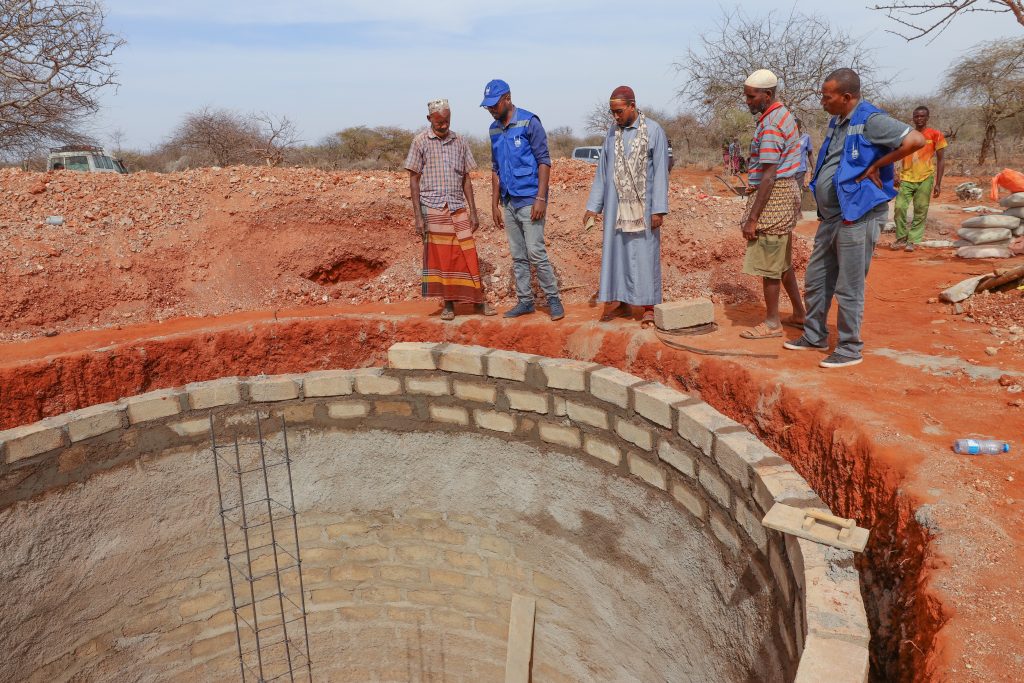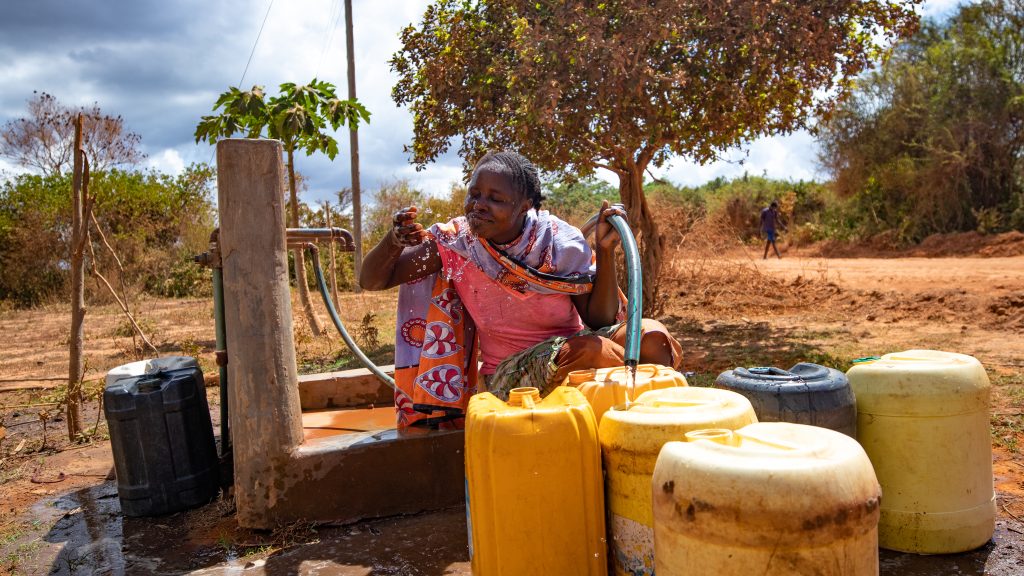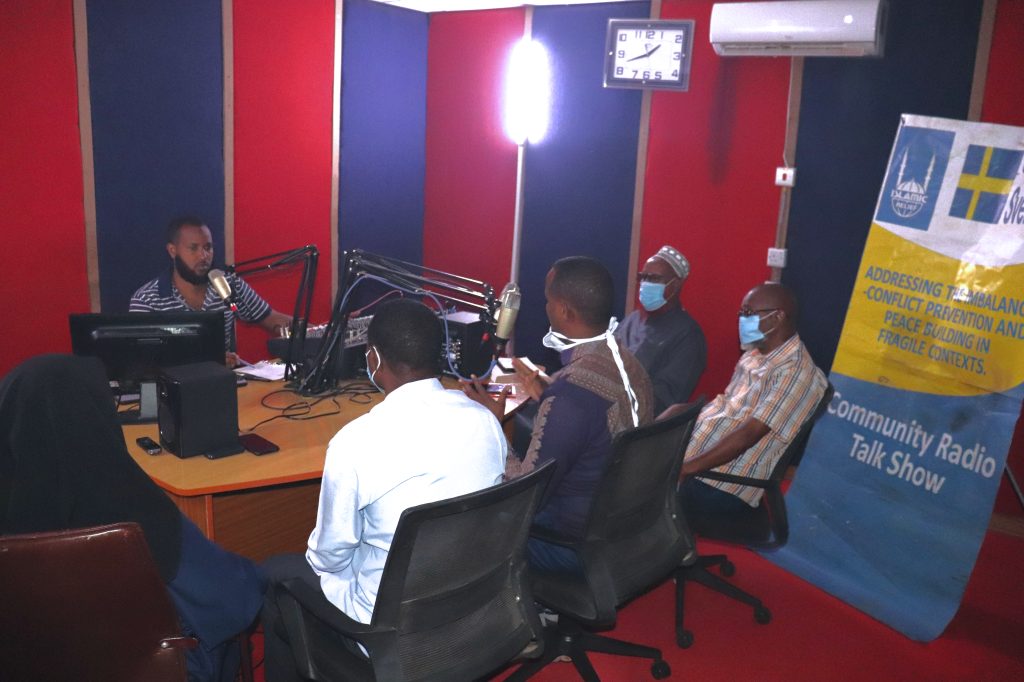Efforts to build community resilience and social cohesion address the impacts of climate change which are being felt at the local level.
In Kenya, we’re addressing climate-related issues, particularly clean water and food availability. Our emergency interventions are not just about responding to crises quickly but also help build the resilience of communities, helping to ensure that communities are better prepared and protected when disaster strikes.
Islamic Relief is also engaging local government and community elders to maintain open channels of communication – promoting cooperation within the community.
We are investing in water infrastructure to improve water supply, and reinforcing this with vocational support which is unlocking livelihoods and economic opportunities for young people.

Programme objective: Reduce the humanitarian impact of conflicts and disasters on communities in Kenya.
Kenya is heavily affected by recurring droughts. Kenya’s arid and semi-arid lands are among the most affected when droughts occur. When natural disasters and conflict strike, Islamic Relief provides lifesaving support to vulnerable communities across many sectors including water, sanitation and hygiene (WASH), health and nutrition, livelihoods and protection.
We also support communities to anticipate the adverse effects of climate change and take appropriate actions to prevent or minimise the damage they can cause because well-planned, early adaptation action saves lives and money. We partner with local authorities to build the capacity of communities to be resilient when faced with natural disasters.

Programme objective: Increase access to potable water for agriculture, domestic and livestock use for improved livelihoods and health status of communities.
Islamic Relief is working with communities living in drought-prone areas who have limited access to clean and safe water to build their resilience to water-related shocks. We are building, repairing and equipping water infrastructure including boreholes and shallow wells. We are also training water-user committees to ensure effective management, maintenance and repairs of the water points.
Islamic Relief is also extending water supply to farms for agriculture, to schools and health facilities for improved, inclusive and gender-sensitive hygiene and sanitation facilities. To minimise pollution, heavy labour and the cost of using the water facilities using motorised power sources, we have adopted the use of climate-friendly solar energy to pump water from the boreholes and shallow wells to elevated water tanks.

Programme objective: Foster peace and security by empowering communities to contribute to effective community-level peacebuilding and dispute resolution for peaceful co-existence.
Resilience and peacebuilding interventions by Islamic Relief focus on vulnerable households and specifically women and young people. By strengthening livelihoods resilience and the ability to prevent conflict, communities are able to transition successfully from humanitarian assistance to a journey of self-driven and sustainable community development.
Islamic Relief is ensuring young people can access livelihood opportunities including vocational training and be socially, politically and economically empowered. We also realise the important role women play in community level peacebuilding and conflict prevention, mitigation and resolution. To further community level peacebuilding initiatives, Islamic Relief mobilises religious and other community leaders and their structures to promote peace.
Input your search keywords and press Enter.